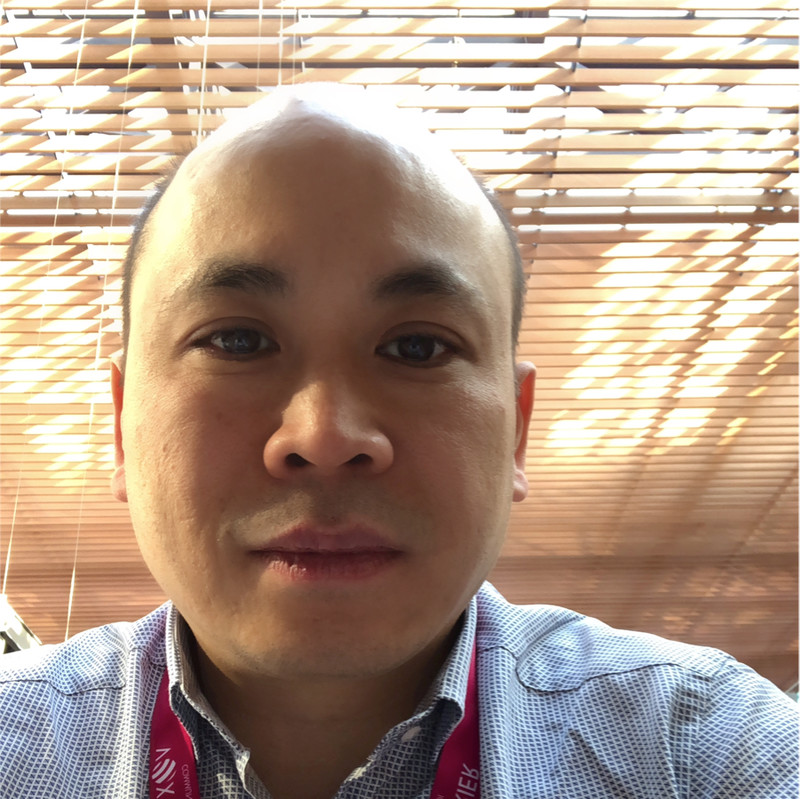
Awarded US$10 million in damages for ‘bypass fraud’ by American rival, UPM Technology

Durrant Pate/Contributor
Jamaica-based mobile and entertainment company Digicel has won a bitter eight-year legal battle with American rival, UPM Technology, which it accused of fraud.
The case, which was brought by Digicel Haiti, one of the company’s most lucrative units, has been resulted in an award of more than US$10 million in damages against the Oregon company UPM Technology and its chief executive, Bruce Tran.
Digicel accused UPM of “bypass fraud”, which is where one mobile company uses technology to override the systems of another to essentially resell its calls and manipulate call records for those calls to be recognised as local calls. The Irish Times reports that, during the case, which was first launched in 2015, UPM admitted to engaging in the practice but claimed it did not amount to fraud.

The case went to trial in Oregon district court a few weeks before Christmas with evidence being provided by Digicel executives including Digicel Haiti’s chairman, Maarten Boute.
Jury found UPM had perpetrated fraud
The Irish Times further reports that, legal filings show that the jury decided UPM and Tran had “engaged in fraud by active concealment” by using software to trick Digicel’s systems in Haiti into giving cheap calls”.
Digicel had sought tens of millions of dollars in damages but was awarded US$5.4 million in compensation, of which 75 per cent is to be paid by UPM and the rest by Mr Tran. The jury awarded Digicel a further US$3.6 million in punitive damages to be paid by UPM, and a further US$700,000 in punitive damages against Tran.

UPM, which had denied all claims against it, had lodged a US$60 million series of counter-claims against Digicel but a judge last year said those claims should be spun off into a separate trial to be heard at a later date.
Detailing the bypass operation
Digicel alleged that UPM had signed up Haitian citizens to bulk-buy Digicel SIM cards, which were then inserted into computer servers in Oregon, and also into equipment that was exported to Haiti labelled as DVD players on customs documents.
Sophisticated software was then used to trick Digicel’s network, which allowed Haitian expats living in the US, who would call home to get calls costing less because Digicel’s network believed they came from local numbers, leaving UPM to profit on the savings.

After Digicel initiated a private investigation into the matter and gathered credible evidence, implicating its American rival, it turned over the matter to the Haitian police. Following the intervention of the Haitian police, scores of locals, who Digicel alleged were involved, were arrested.
These included a hotel receptionist, who told police he received a commission of 89 cents for every Digicel SIM he bought at local market stalls. Police found 553 SIM cards in his room when it was raided by the lawmen.







Comments